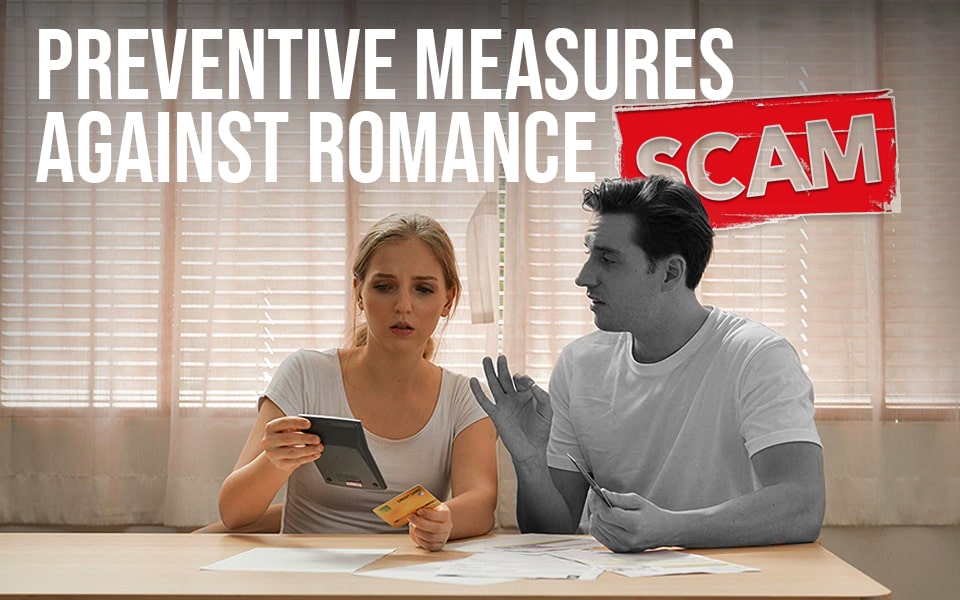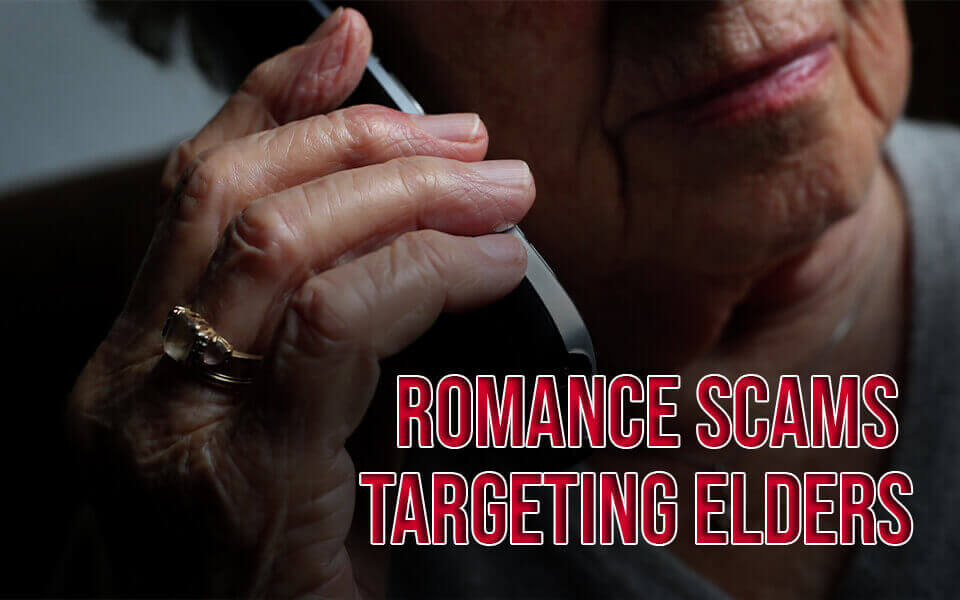



In the vast expanse of the internet, where love knows no boundaries, an unfortunate reality lurks in the shadows – the rise of romance scams targeting the elderly and retirees. Thriving at the emotional needs of our most vulnerable population, the scam has become a significant threat nowadays. With their wealth of life experience and trusting nature, our senior citizens have become prime targets for heartless scammers seeking to manipulate, deceive, and steal.
In this article, we will discuss the increasing threat of romance scams targeting the elderly and how they operate to protect seniors from deceptive schemes.
Romance scams primarily target individuals seeking love on online platforms, with a notable focus on the elderly and retirees. Scammers exploit the emotional vulnerabilities of this particular age group and their desire for companionship. Elderly individuals and retirees are less familiar with online platforms and generally more trusting. This nature of the age group makes them more susceptible to manipulation. To scam them, fraudsters create fake profiles, engage in conversations and lure them to get into a relationship. They eventually deceive victims into parting with their money or personal information.
Elderly individuals are more vulnerable to scams due to a combination of factors. Elderly people often experience loneliness and social isolation. Scammers see their loneliness as an opportunity and offer them emotional support. Moreover, older generations grew up in a time when people were more trusting and less skeptical. It potentially makes them more inclined to believe others’ intentions are genuine and less likely to question the authenticity of a scammer’s story.
Additionally, many elderly individuals did not grow up with advanced technology and the internet, resulting in less experience navigating online platforms and social media. Declining memory and misjudgment further contribute to elderly victims’ susceptibility, making it harder for them to recognize warning signs.
Elderly individuals can take several precautions to prevent falling victim to a romance scam. Here are some essential steps they can follow:
If you suspect that you are being targeted by a romance scammer, report the profile and any suspicious messages to the platform’s administrators. Additionally, you can always report the scam to the local police or may resort to agencies responsible for consumer protection. Federal Trade Commission of the US government enforces civil antitrust law and promotes consumer protection. It addresses issues related to deceptive business practices, privacy, data security, etc.
If an elderly person close to you falls victim to a romance scam, it is crucial to act quickly and supportively. Here are the steps you can take to help them:
Losing money can also lead victims to experience emotional distress and financial hardships. Consider seeking help from a fund recovery service in case you have lost a significant amount of money.
Financial Options Recovery provides assistance to victims of romance scams as well as help in recovering funds stolen in other financial frauds. As our experts deal with plenty of fraud cases every day, they understand the scammers’ ingenious strategies and can easily navigate through the fund recovery process. Experts at Financial Options Recovery conduct thorough investigations to trace the perpetrators behind the scam. We also engage with banks that play a great role in recovering stolen funds. Not only that, we also offer victims legal assistance and further guidance on their rights.
Old people may fall for romance scams due to their emotional vulnerability, desire for companionship, and trusting nature, making them more susceptible to manipulation by scammers. Additionally, limited familiarity with online platforms and modern technology may contribute to their vulnerability.
The "elderly parent romance scam," also known as the "grandparent scam," is a type of scam that targets senior citizens by exploiting their love and concern for their family members, specifically their grandchildren
The grandma scam involves a fraudster posing as a grandchild in distress, requesting urgent financial assistance from the targeted elderly person, and exploiting their emotional vulnerability to secure money via untraceable payment methods.
When an elderly parent has been scammed, it can be emotionally distressing for both the victim and their family. Reporting the scam to authorities and providing emotional support are essential steps to take.
While older individuals may be more susceptible to certain scams due to factors such as emotional vulnerability and limited tech-savviness, it is essential to note that scam victims come from various age groups. While some seniors may fall victim to scams, others are vigilant and avoid fraudulent schemes, just like younger individuals. Scam awareness and preventive measures are vital for people of all ages to protect themselves from deceptive tactics.
Don’t let romance scammers take advantage of your elders’ trust and vulnerability. Learn how to safeguard them from fraudulent schemes in our article on romance scams targeting elders and retirees. If your loved ones have fallen victim to such deceit, take action now! Contact Financial Options Recovery today and let us fight for justice and restore financial security for your family.